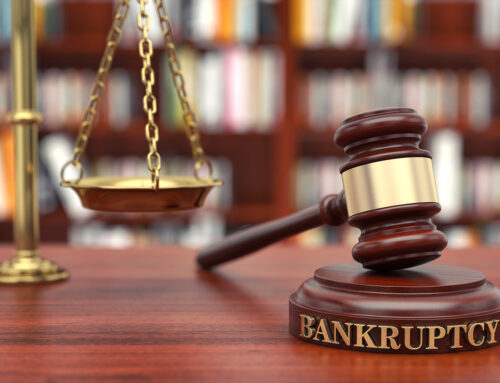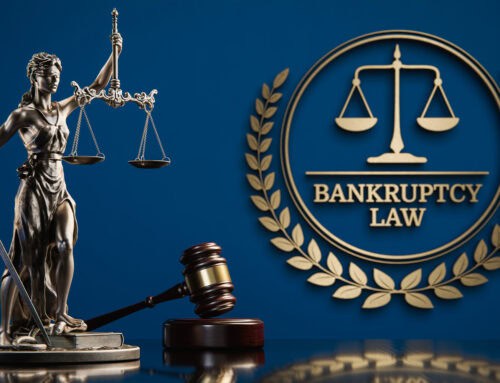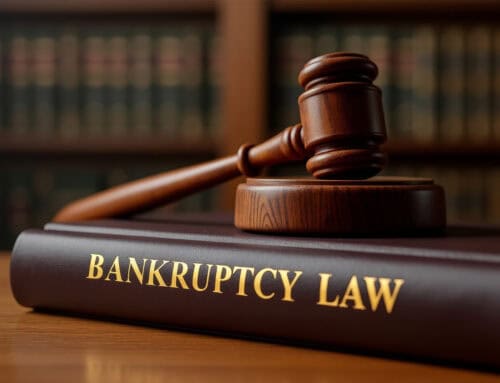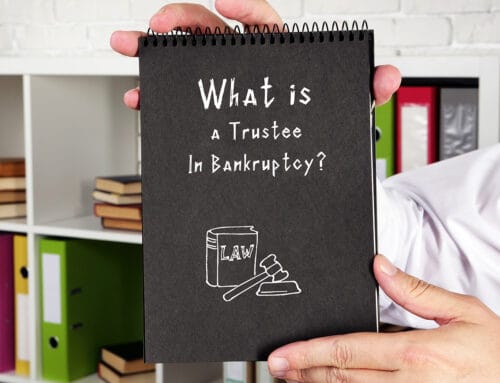Harassment from Creditors: Will Filing Bankruptcy Stop Them?
Dealing with financial difficulties can be overwhelming, and persistent harassment from creditors only adds to the stress. If you find yourself in a situation where you’re receiving frequent calls and letters from debt collectors, you might be wondering if there’s a way to make it all stop. One potential solution is filing for bankruptcy. But will filing bankruptcy put an end to creditor harassment for good?
In this article, we’ll explore how bankruptcy can stop creditor harassment, what protections are available to you once you file, and how to ensure that harassment truly ends once the bankruptcy process is complete.
Understanding Creditor Harassment
Before diving into how bankruptcy can help, it’s important to understand what qualifies as harassment by a creditor or debt collector. According to the Fair Debt Collection Practices Act (FDCPA), debt collectors are prohibited from engaging in abusive, unfair, or deceptive practices. However, some creditors may cross the line, repeatedly calling, sending threatening letters, or even showing up at your door.
Common forms of creditor harassment include:
- Frequent, unwanted phone calls: Creditors may call you multiple times a day, including early in the morning or late at night.
- Threats of legal action: Some debt collectors threaten to sue you, garnish wages, or seize property—even when they don’t have the legal authority to do so.
- Contacting third parties: Debt collectors may try to contact your friends, family, or employer, which can be humiliating and harmful to your personal relationships or professional reputation.
- Verbal abuse: Harassment often takes the form of aggressive or abusive language meant to intimidate you into paying.
If you’re experiencing any of these behaviors, you are not alone, and there are legal avenues to protect yourself. Bankruptcy is one of the most powerful tools in ending creditor harassment.
How Bankruptcy Stops Creditor Harassment: The Automatic Stay
One of the most immediate benefits of filing for bankruptcy is the automatic stay. Once you file, an automatic stay goes into effect, which is a court order that requires creditors to stop all collection activities immediately. This means that creditors cannot:
- Call you
- Send you letters
- File lawsuits against you
- Garnish your wages
- Repossess property
The automatic stay provides instant relief from creditor harassment, offering you some much-needed peace of mind. In most cases, creditors are notified of the stay as soon as the bankruptcy is filed, and they are required to cease all communication with you.
However, there are a few exceptions. Certain debts, like child support or tax obligations, may not be subject to the automatic stay. If you’re unsure whether your specific debts qualify, it’s important to consult with a bankruptcy attorney.
The Permanent Relief: Discharge of Debts
While the automatic stay provides temporary relief, the goal of filing bankruptcy is to discharge your debts. Once your debts are discharged, you are no longer legally obligated to repay them, and creditors cannot attempt to collect on them ever again.
The discharge acts as a permanent shield against creditor harassment. Once your bankruptcy case is successfully completed, creditors are legally barred from contacting you or taking any action to collect on the discharged debts.
There are two primary types of personal bankruptcy—Chapter 7 and Chapter 13—and both offer protection from creditors, but the process of discharging debts differs slightly between them:
- Chapter 7 Bankruptcy: In a Chapter 7 case, most unsecured debts (such as credit cards, medical bills, and personal loans) are discharged after a few months. Once the discharge is granted, creditors cannot take any action to collect on those debts.
- Chapter 13 Bankruptcy: In a Chapter 13 case, you create a repayment plan to pay off some or all of your debts over three to five years. Once you complete the repayment plan, any remaining qualifying debt is discharged.
It’s important to note that while many types of debts are dischargeable, certain debts (such as student loans, child support, and some tax obligations) may not be eliminated through bankruptcy. However, bankruptcy can still give you the breathing room to manage these debts without the constant fear of harassment.
What Happens if Creditors Continue to Harass You?
While most creditors comply with the rules, there are instances where a creditor may ignore the automatic stay or attempt to collect on a discharged debt. This is not only unethical but illegal.
If you continue to experience creditor harassment after filing for bankruptcy, there are legal actions you can take:
- Notify your attorney: Your bankruptcy attorney can contact the creditor on your behalf and remind them of the automatic stay or discharge order.
- File a complaint: If the creditor continues to harass you, you can file a complaint with the court. Creditors who violate the automatic stay or discharge order may face fines or penalties.
- Pursue legal action: In some cases, you may be able to sue the creditor for damages resulting from continued harassment. This is especially true if the harassment is causing emotional distress or financial harm.
By filing for bankruptcy, you have legal protection against harassment, and the courts take these violations seriously.
When Is Bankruptcy the Right Option?
Filing for bankruptcy is a significant decision and may not be the right choice for everyone. If you’re facing substantial debt and constant harassment from creditors, bankruptcy may be a way to regain control of your financial life and stop the stress of relentless collection efforts.
However, it’s important to evaluate your specific financial situation and consider other alternatives before making a final decision. Bankruptcy is a powerful tool, but it may not be the best solution for everyone. Speaking with a knowledgeable bankruptcy attorney can help you understand your options and determine whether bankruptcy is the right path for you.
How the Law Offices of Brent D. George Can Help
If creditor harassment is making your financial situation even more difficult, you don’t have to face it alone. The Law Offices of Brent D. George can evaluate your situation and help you determine if bankruptcy is a viable solution for you. With years of experience helping individuals and families overcome debt, our firm can guide you through the bankruptcy process and ensure you are protected from creditor harassment.
Don’t let the stress of debt overwhelm your life. Contact the Law Offices of Brent D. George today to schedule a free consultation and find out if bankruptcy can provide the fresh start you need.
Disclaimer: This article is intended for informational purposes only and does not constitute legal advice. For personalized assistance, please contact our office at (805)494-8400.






